“The dream of a global market is definitively over; the world has returned to an era of great power politics, where competing blocs and markets emerge,” PM Orban stated. He emphasized that EU leaders are on the wrong path when they think that strengthening central institutions will grant the community great-power status, because in reality, this leads to ruthless centralization, not real strength.
Great power interests and the EU's paralysis
Viktor Orban recalled that Russia’s goal is to stop Western expansion, China’s goal is to break U.S. dominance and secure privileged access to the Russian economy, and Ukraine’s goal is to keep its economy alive, which would collapse without external financial support. He noted that the European Union, meanwhile, is only preparing to maintain Ukraine’s war capabilities and keep the United States engaged in the conflict.
He also recalled that the American goals are shifting. Joe Biden has pursued a different policy, while Donald Trump prioritizes economic agreements with Russia and subordinating the EU, economically. Viktor Orban emphasized: as long as the war continues, the EU is a “lame duck,” completely dependent on Washington for defense. This dependence prevents the EU from pursuing an independent trade policy.
He pointed out that Europe should not be knocking on Washington’s door, but instead should conclude a security agreement with Moscow that would exclude Ukraine from NATO and EU membership, while allowing for strategic cooperation. “We are not anti-Ukraine; we want a future and perspective for Ukraine,” he said, adding that the collapse of a neighboring country would pose a serious threat to Hungary.
Continuing the war is a losing strategy for Europe, one that subordinates the EU to the United States, PM Orban said, in summary.
Two paths lie ahed for Hungary
PM Orban made it clear that Hungary faces two strategic options. One is to join Brussels’ policies — the position represented by the Democratic Coalition (DK) and the Tisza parties. He stressed that this would plunge the country into chaos and poverty: an aid-based economy, multi-tier taxes, the abandonment of the state-sponsored utility cost reduction scheme, the transformation of the curent family support system, whilst backing Ukraine and its EU membership, accepting the migration pact, and adopting the euro.
The other path is the continuation of the Hungarian model: a work-based state, national economic policy, a pro-peace stance, staying out of joint debts, strategic partnership with Ukraine instead of membership, independent energy policy, rejection of migration, strengthening the V4, and balanced relations with the U.S., China, and Russia. This model is based on peace, the common market, our own money, and independence - PM Orban emphasized.
Victory plan for 2026
PM Orban indicated that currently the Fidesz–Christian Democrat (KDNP) party alliance is the frontrunner, amd that - according to their own surveys - they would win 80 out of 106 electoral districts. He emphasized, however, that being a frontrunner is not enough; it must be earned through work. The party leadership appointed Balazs Orban, PM Orban's policy chief, who will be in charge of executing the victory plan.
Viktor Orban gave a detailed lowdown of the government's targeted economic program: the maternity leave benefit (CSED) and the child care benefit (GYED) were made tax-exempt, the family tax allowance was increased, the home creation program was launched, pensioners received shopping vouchers, lifetime tax exemption was introduced for young mothers with three children, the 13th-month bonus pension is now guaranteed, and wage hikes are ensured. “What we say, we always do,” he emphasized.
He pointed out, however, that digital development must be accelerated, as political battles are now being fought online. He also highlighted the significance of peace rallies, winning the contest to demonstrate governing capacity, and the mobilizing power of national consultations.
He asked everyone to do everything possible for the common goal. Peace marches must be organized, and a new national consultation will be launched, including Tisza’s leaked tax hike plans.
In closing, Viktor Orban emphasized that leadership skills are crucial to Hungary’s success. “If we have a foolish government, we will go bankrupt,” he warned. After the 2026 victory, he promised to strengthen the V4, double the European Patriots group, and pledged to "occupy" Brussels, politically. “In the fall of 2026, I will return to give an exciting lecture,” PM Orban concluded his speech.
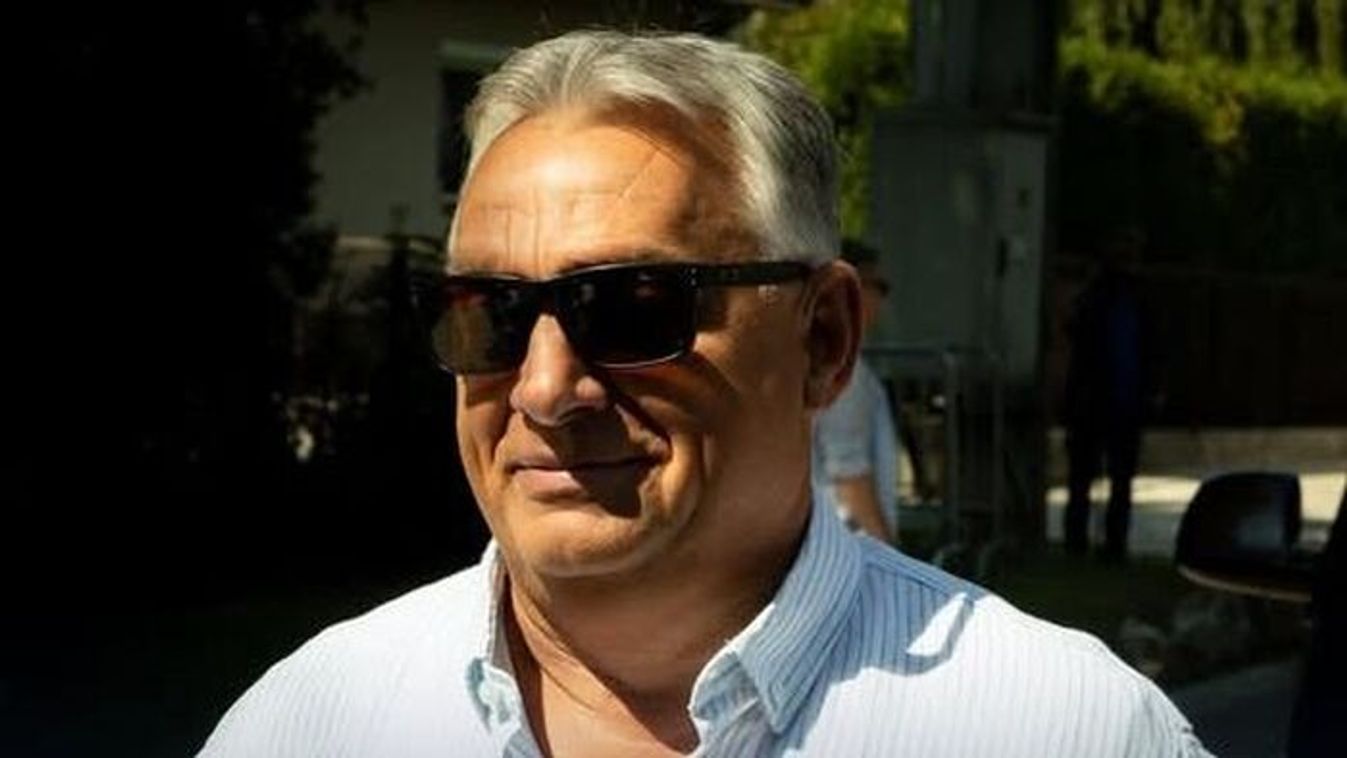





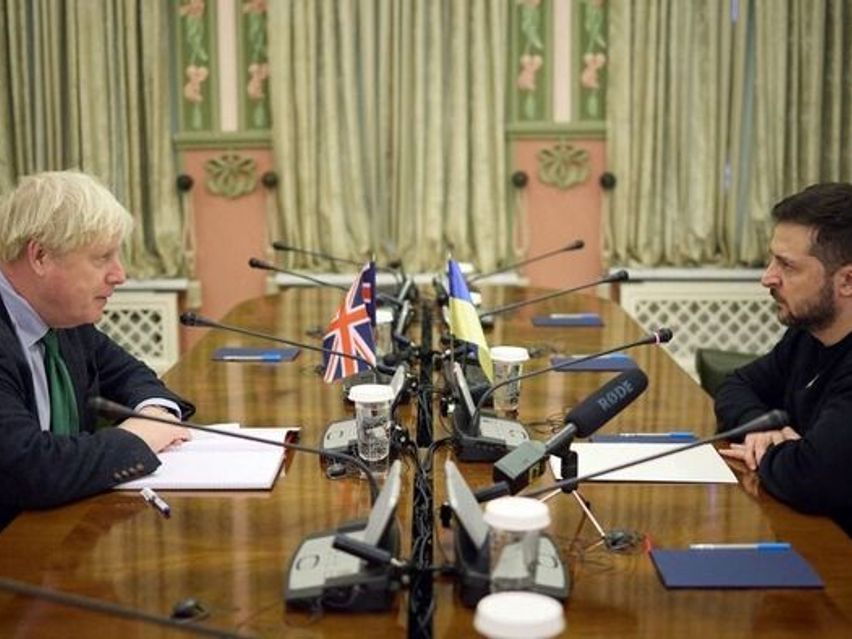
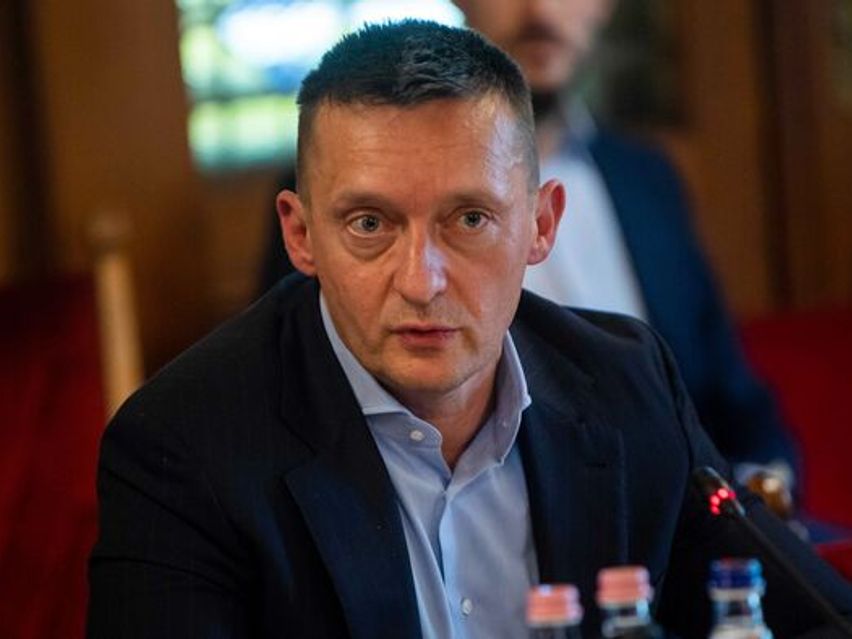
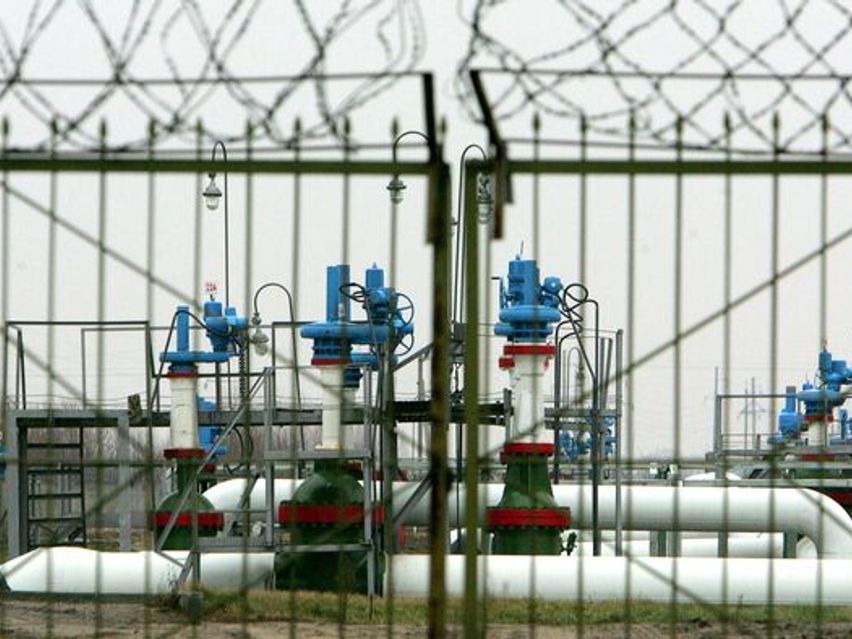




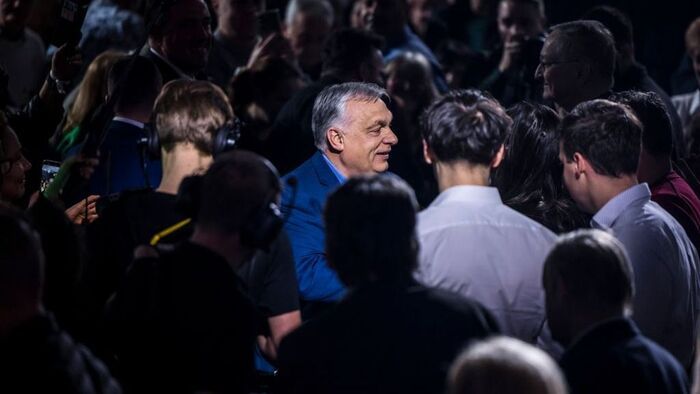

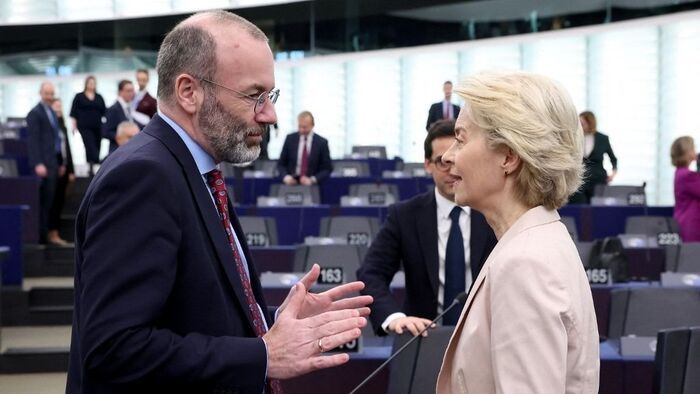
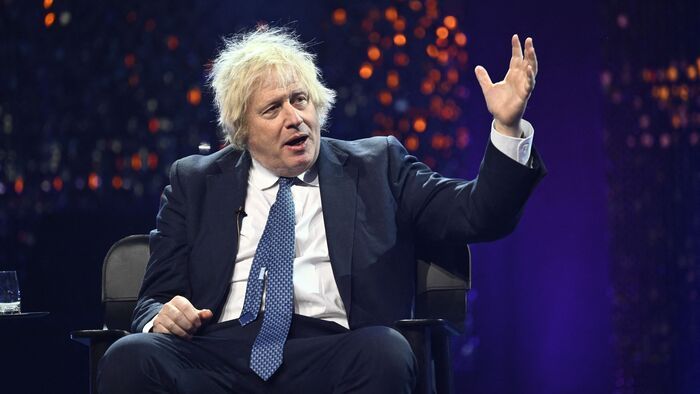
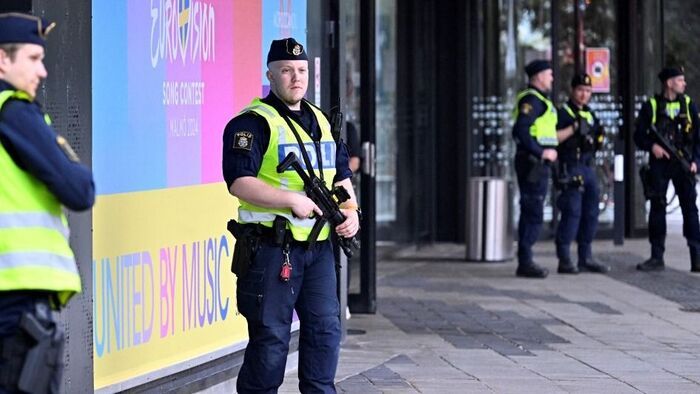

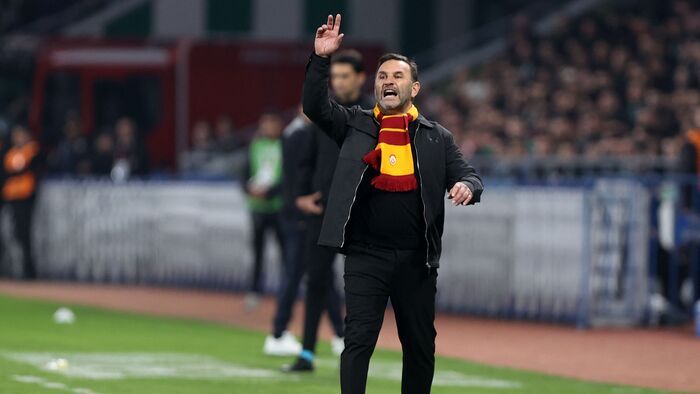
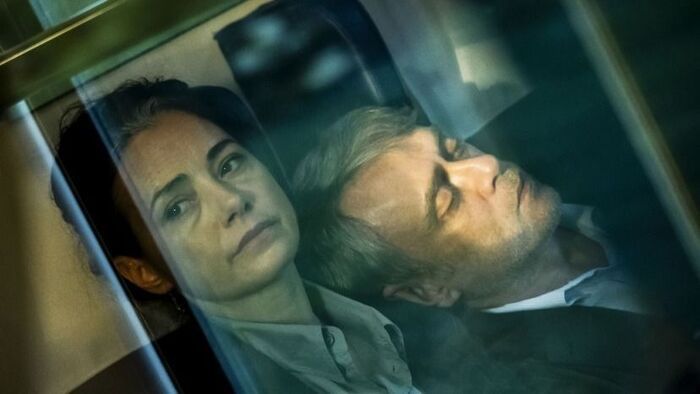
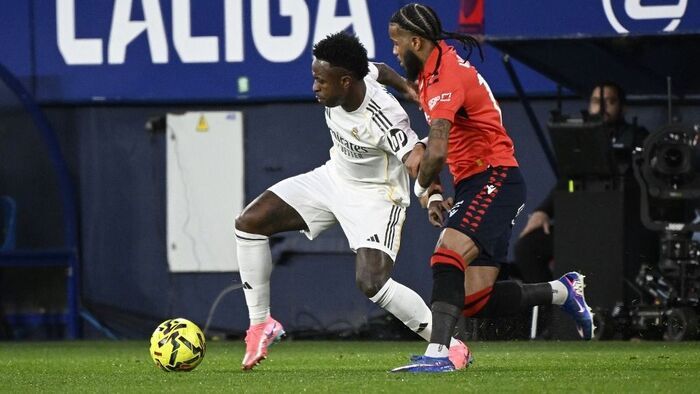

Szóljon hozzá!
Jelenleg csak a hozzászólások egy kis részét látja. Hozzászóláshoz és a további kommentek megtekintéséhez lépjen be, vagy regisztráljon!